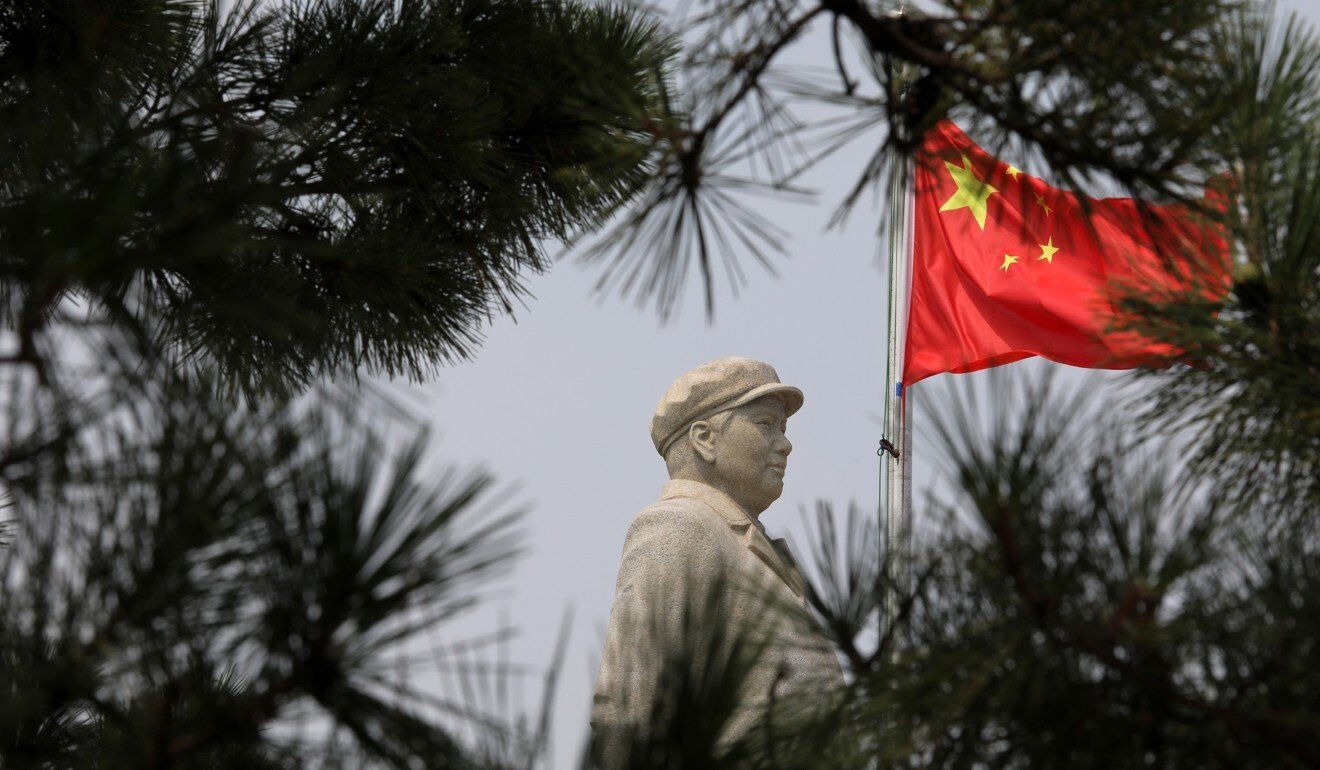
Is Beijing giving a test or ‘face’ to Hong Kong’s leader by letting opposition lawmakers stay in Legco?
- With bigger issues on their plate during brainstorming session in Beidaihe, Chinese leadership clearly expecting Hong Kong officials to deliver locally
- But whether Carrie Lam can produce results amid Covid-19 crisis and tempestuous political environment remains an open question
The green light for the opposition lawmakers to continue was unexpected for both the pan-democrats and their pro-establishment rivals, the latter including some heavyweights who had earlier suggested otherwise but now welcomed it as a “reasonable” and “smooth” arrangement.
Hong Kong public split on whether lawmakers should stay for extended term but most opposition supporters favour boycott, poll finds
Political pundits have come up with various interpretations, from good will on Beijing’s part to conspiracy theories against it.

It was from Beidaihe, the somewhat mysterious but also famous coastal summer retreat east of Beijing, that some clearer clues emerged.
Earlier this month, China’s top legislative body passed a resolution to fill the city’s power vacuum due to the postponement of Legco elections in September by allowing all 70 serving members to keep their seats for the extended period, without setting a higher threshold for the four opposition lawmakers earlier barred from running for the next term.
Beijing’s final decision to allow the four to continue was hugely significant for Hong Kong politics, but there were apparently much bigger issues at stake in Beidaihe.
The decoupling between the two world powers is not just over trade but has also spread to almost all other fronts including technology, finance, capital and investment, education and culture.
That has prompted two major policy shifts in China: turning to a self-reliant domestic or “internal circulation” development model at home; and adopting a “not to fire the first shot” strategy when dealing with geopolitical crises, especially in the run-up to the US presidential election in November.

After the Beidaihe brainstorming meet, President Xi Jinping and other Chinese leaders rushed to inspect different provinces in preparation for the October plenary session of the Communist Party’s Central Committee, where pressing and thorny economic issues, including unemployment, need to be addressed seriously.
Hong Kong was on the leaders’ plate in Beidaihe, but with the sweeping national security law already in place, Beijing now wants the city’s government to deliver, politically and economically.
Master stroke or mess? How Beijing extending Hong Kong’s Legislative Council term sparked challenges for city’s two political camps
Frankly speaking, “face” or not, Lam needs to walk her talk. The relatively softer approach she sought from Beijing can well be a test for her, disguised as a “face” gesture.
Hong Kong leader Carrie Lam’s advisers to cut summer break short as city continues to battle coronavirus
It is up to Lam, now without a convenient political excuse, to effectively tackle two immediately obvious headaches: first, how to efficiently contain the pandemic and restore normalcy so as to put the city on the road to economic recovery; second, how to gain political capital for a less confrontational relationship with the opposition so that Legco can function properly and get things done.
The answers are not so clear yet.

